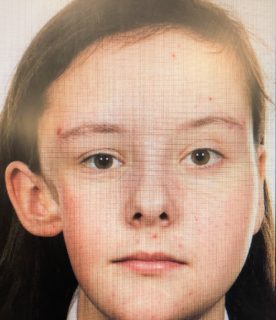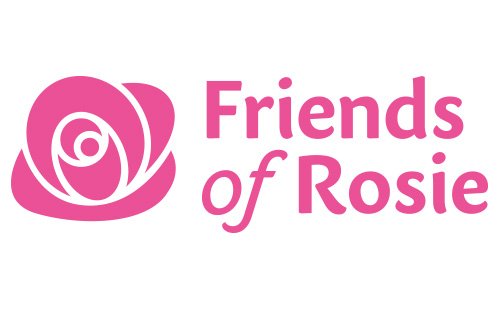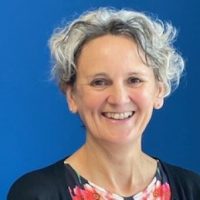Project 1 – Osteosarcoma
Project 2 – Ewing Sarcoma
For the second project, we’re partnering with The Bradley Lowery Foundation to fund new research into the detection and treatment of a rare type of childhood bone cancer, called Ewing Sarcoma.
The project is being led by Professor Caroline Dive, Director of the Cancer Research UK Manchester Institute at The University of Manchester, and Dr Martin McCabe, Clinical Senior Lecturer, Faculty of Biology, Medicine and Health at The University of Manchester.
The project is investigating the use of a blood sample to discover more about the tumour instead of taking an invasive tissue or tumour biopsy. This would be a far less aggressive procedure for children and could enable the earlier detection of relapse, as well as the improved monitoring of tumour response during treatment.
Project 3 – Facial disfiguration following radiotherapy

The third project focuses on rhabdomyosarcoma and the risks of facial disfiguration following radiotherapy. Radiotherapy strongly affects bone and tissue growth, especially in children whose bones are still growing. Up to 75% of patients treated for head and neck rhabdomyosarcoma will experience some degree of facial underdevelopment resulting in marked facial disfiguration, which can affect quality of life.
Project 4 – Understanding the biology of Proton Beam Therapy for children with sarcomas
The project is being led by researchers at The University of Manchester, with support from The Christie NHS Foundation Trust. They are investigating the biology of protons used in PBT to treat sarcomas in children.
The Friends of Rosie funding will allow the first steps in identifying new treatment combinations, which may ultimately make PBT more effective and kinder to children with sarcomas.
Help us continue to do more for children with sarcomas. By donating today, you can help us to find kinder, gentler, and more effective treatments for children with cancer. We also focus on quicker detection helping to improve the outlook and minimise the risks of relapse.
Be the difference. Donate today.




